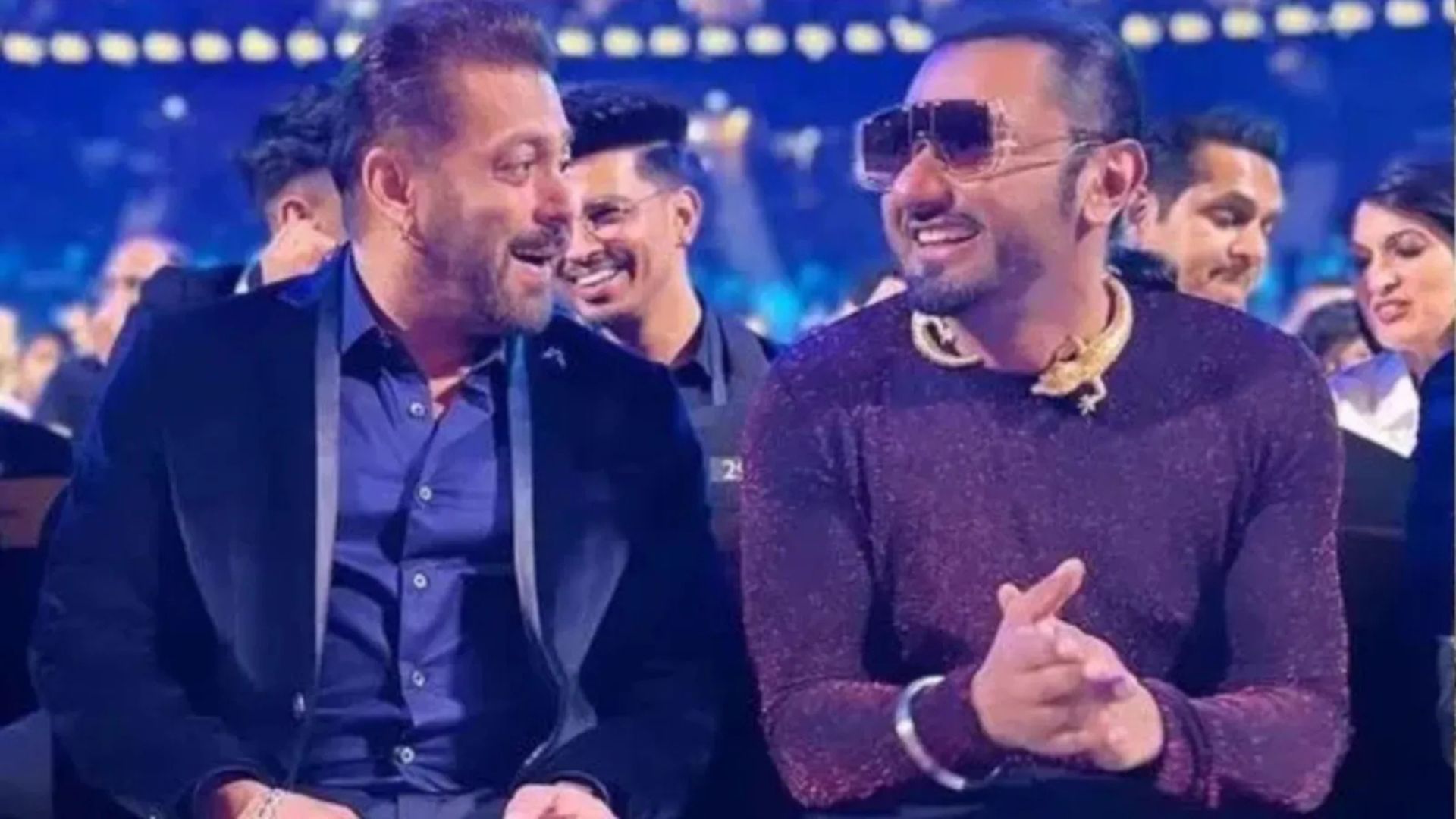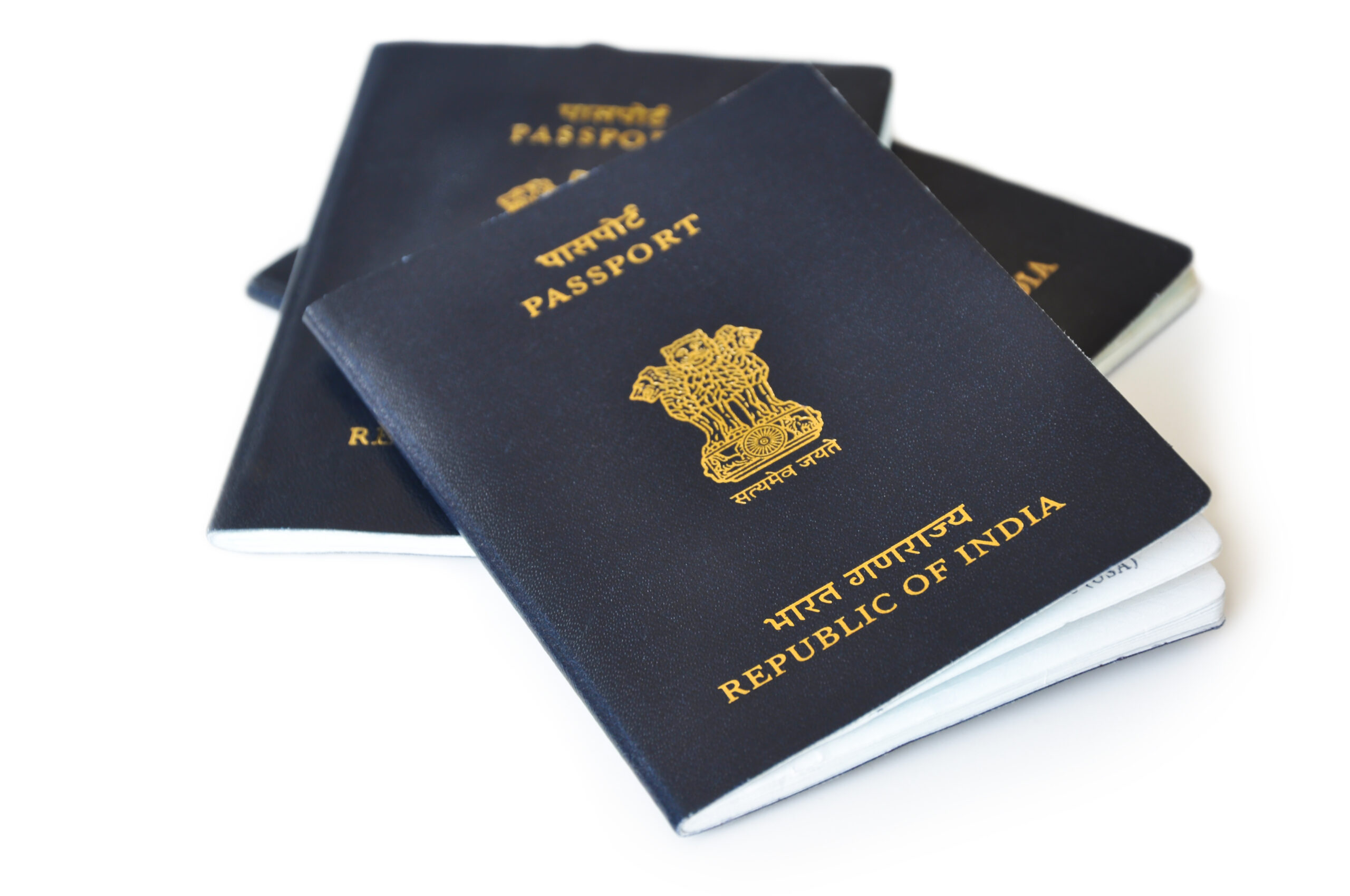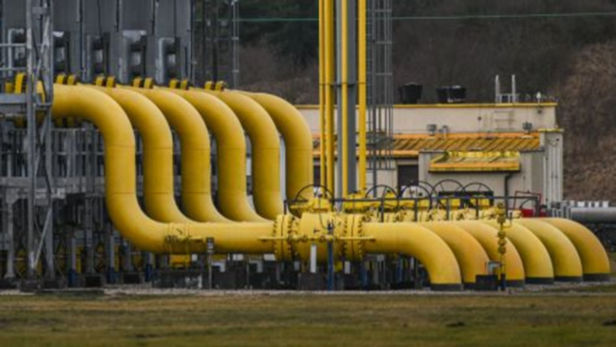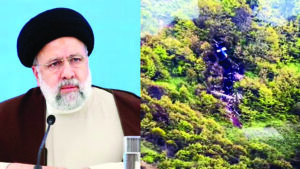The sudden and unnatural demise of Iran’s President Ebrahim Raisi and Foreign Minister Hossein Amir-Abdollahian as a consequence of a Helicopter crash on 19 May 2024 in a remote, mountainous area south of the Qiz-Qalasi Dam and Mrea village Uzi whereas the remaining two helicopters were able to cross bad weather has sparked massive speculations of any probability of Internal or external sabotage.
Amid the Gaza conflict involving Iran-backed militant groups like Hezbollah and the Houthis targeting Israel, the accidental death of the President posed suspicion on Israel and the US, but there is no concrete evidence of the same is available till now. It is a known fact that no country will ever take the official responsibility of killing the head of any other sovereign country irrespective of strange diplomatic and military relations or conflict nor may be proved by the evidence. Israel and America are known to neutralize any forces, their commanders, or extremists who are working against their strategic interests. The glaring examples are the direct air strike on Brigadier General Mohammed Riza Zaheri a senior officer of the Islamic Revolutionary Guard Corps on 1st April 24 by Israel in Syria and the killing of top nuclear scientist Mohsen Fakhrizadeh Mahabadi of Iran on 27th November 2020 near Tehran. Earlier, Major General Qasem Soleimani a prominent Quds Force commander was killed by an American drone strike near an airport in Baghdad on 3rd January 2020.
BELL 212 is a slow-running large and heavy-weight helicopter having a Cruise speed of 190 km per hour, a flying range of 439 km a maximum takeoff load of 15 passengers or 5,080 kg including an empty weight of 2962 kg. its dimensions of 17.42 meters in length and height of 3.8311 meters. Its configuration and relatively slow speed invariably make it vulnerable to any cyber attack that may disrupt the navigation system. The hypothesis of space attack demands a very high order of precision where AI help is essential to establish face recognition as well as application of direct energy weapons or laser systems, Surface-to-air to air or air-to-air missiles are another mode, however, in this particular incidence, it is highly unlikely to have possibilities of a missile attack. Another speculation is about the use of direct energy weapons or disruption of navigation systems by cyber hacking by the USA and Israel as an invisible weapon during conflicts in Middle East Asia in the recent past.
The possibility of internal sabotage by the rival and anti-establishment forces may not be ruled out. Missing weather data, the man near the chopper crash site raised a finger at security and intelligence agencies of anti-Iran forces.
In the hierarchy and governance system of Iran, the ultimate power of decision-making including ensuring succession rests upon the Supreme Leader Ayatollah. The supreme leader has absolute control over the government’s judicial, legislative, military, and executive wings and media. Hence it is very unlikely to witness any immediate and radical changes in the policies of Iran both in international and national spheres due to this complex hierarchy and governance system of Iran.
However, the President plays a highly pivotal role in the administration and international affairs. Over and above the sudden, unnatural death of President Raisi and Foreign Minister Hossein Amirabdollahian poised a paradigm shift in the line of succession of power as both of them were considered top contenders to take over the position of supreme leader. Their exit from the line of succession has opened up the line for other probable including acting president like Mohammad Mokhber and Mojtaba Khamenei son of the present Supreme leader.
The final decision will remain upon the supreme leader and supported by Iran’s Guardian Council, a powerful 12-member body that monitors legislation and election procedures, and the 88-member Assembly of Experts.
India continues to have excellent diplomatic, strategic, and economic relationships with Iran and Israel. India has to balance the interests of the US and Israel as well as with Iran and other Central Asian and Middle Eastern countries. It has become very crucial for India to maintain ultrafine equilibrium with both countries, especially under the pretext of the ongoing conflict in the Middle East the recent shifting of Iran and to make another block of anti-US countries like China Russia, and other associated countries. India has a crucial interest in Chabahar Port since it allows India to counter the interest of China in the Middle East by having a Gwadar port developed in Pakistan. Chabahar Port is an ambitious project for India to have Direct Access to Central Asia and Europe through the futuristic Road -Railway corridor and facilitate Indian trade and strategic partnership with Central Asian countries by avoiding root through Pakistan. Iran is an important business partner of India and one of the exporters of crude oil at reasonable prices. The diplomatic and strategic relations of India with Iran have witnessed greater heights and excellent partnerships under the present leadership. India has facilitated Iran’s entry into BRICS and G-20 Which was genuinely reciprocated by President Raisi by inking a landmark deal with India on Chabahar port. India expects to elevate it further to ensure that Iran does not deviate towards Pakistan and make another Block with China.
Despite the hard-liner, President Raisi was able to maintain workable relations with the Western block to some extent and that is the reason the Iran-Israel conflict did not escalate despite the massive air strike comprised of drones and Cruise missiles by Iran over Israel.
Considering the fact though not declared officially, both Israel and Iran have developed a strong nuclear capability which should be diverted towards peaceful means. Hence There is a strong need for thawing of diplomatic and military conflicts in the Middle East and Central Asia as well and the anti-Israel block has to recognize Israel as a reality and country in the same way the US, Israel, and other countries of the Western block have to accept and promote Palestine as an independent country without any interference of Israel in their activities and on the same time they should not create blocks against the interest of Iran so that moderate and reformist elements in Iran grow and gradually transform Iran in a hybrid modest model of religious and modern developed country.
Major General J.K.S. Parihar, Sena Medal, Bar to Vishisht Seva Medal (Retd.) Former Additional Director General, AFMS and Expert on Defence and International Strategic Affairs













